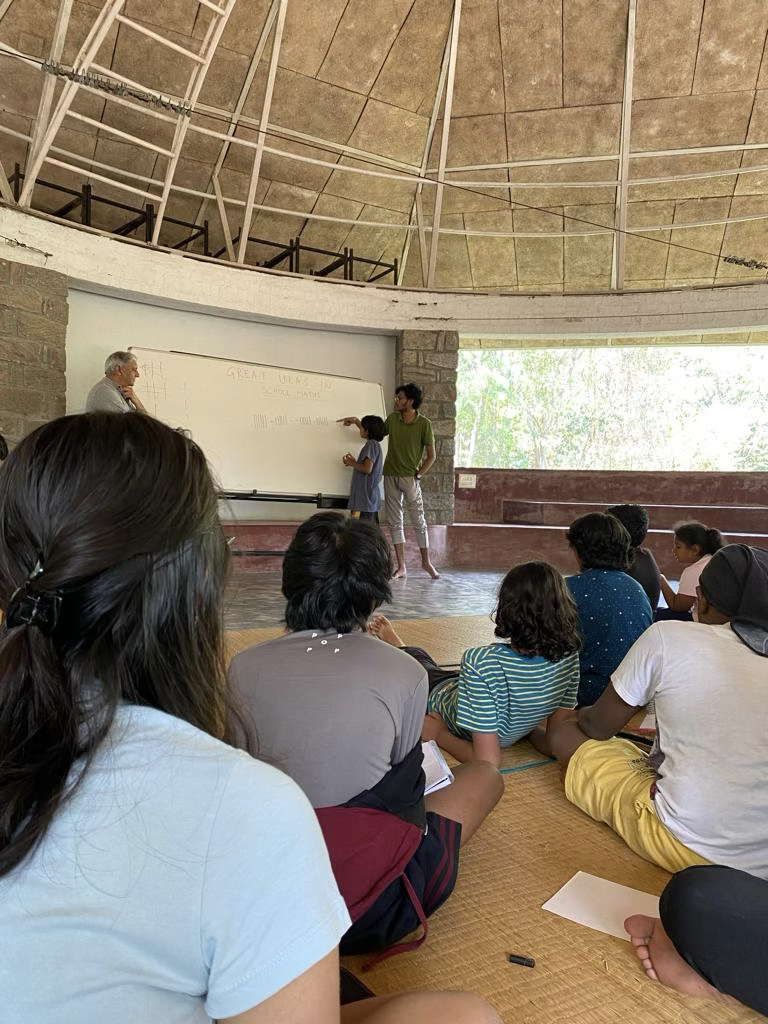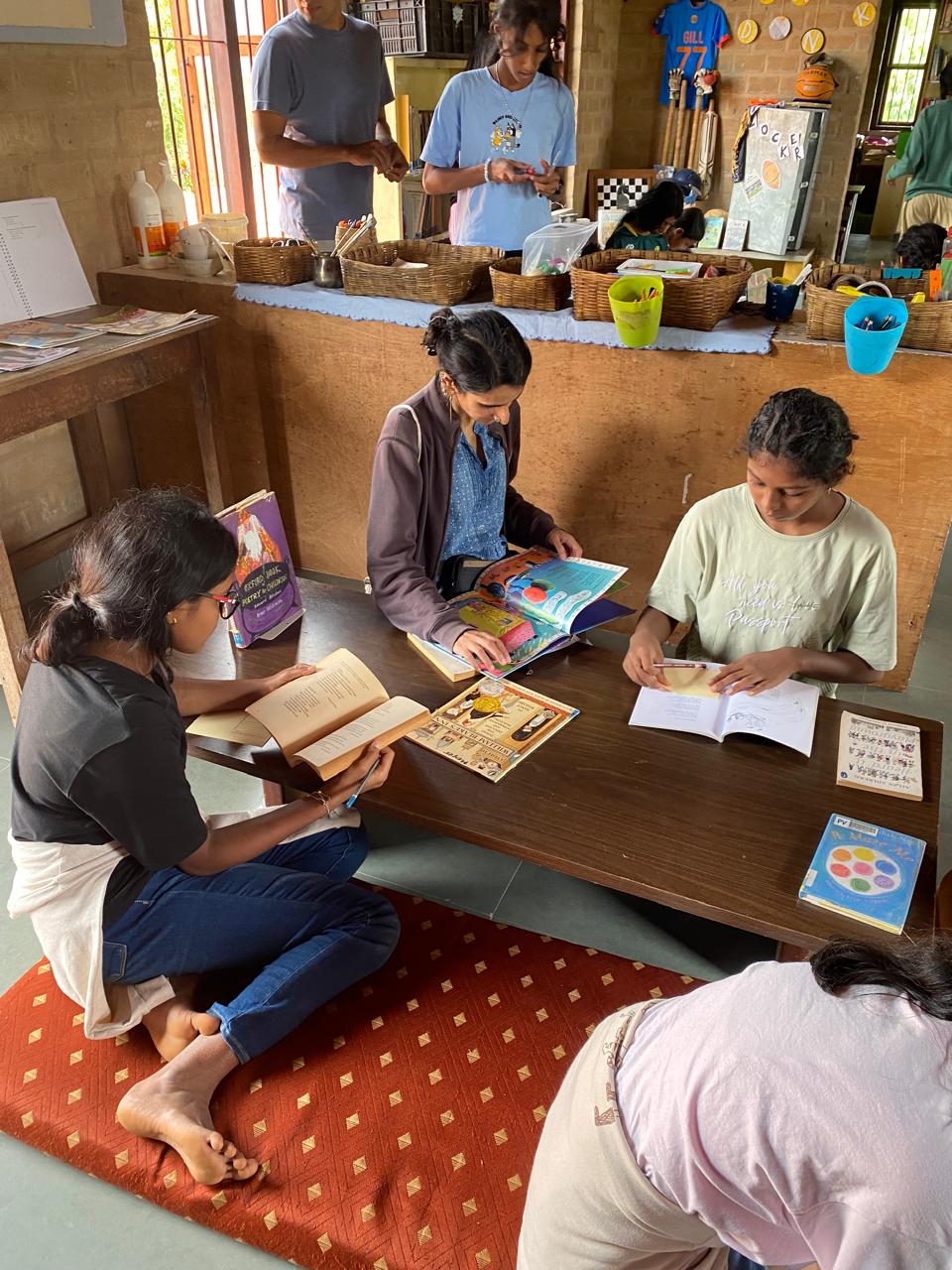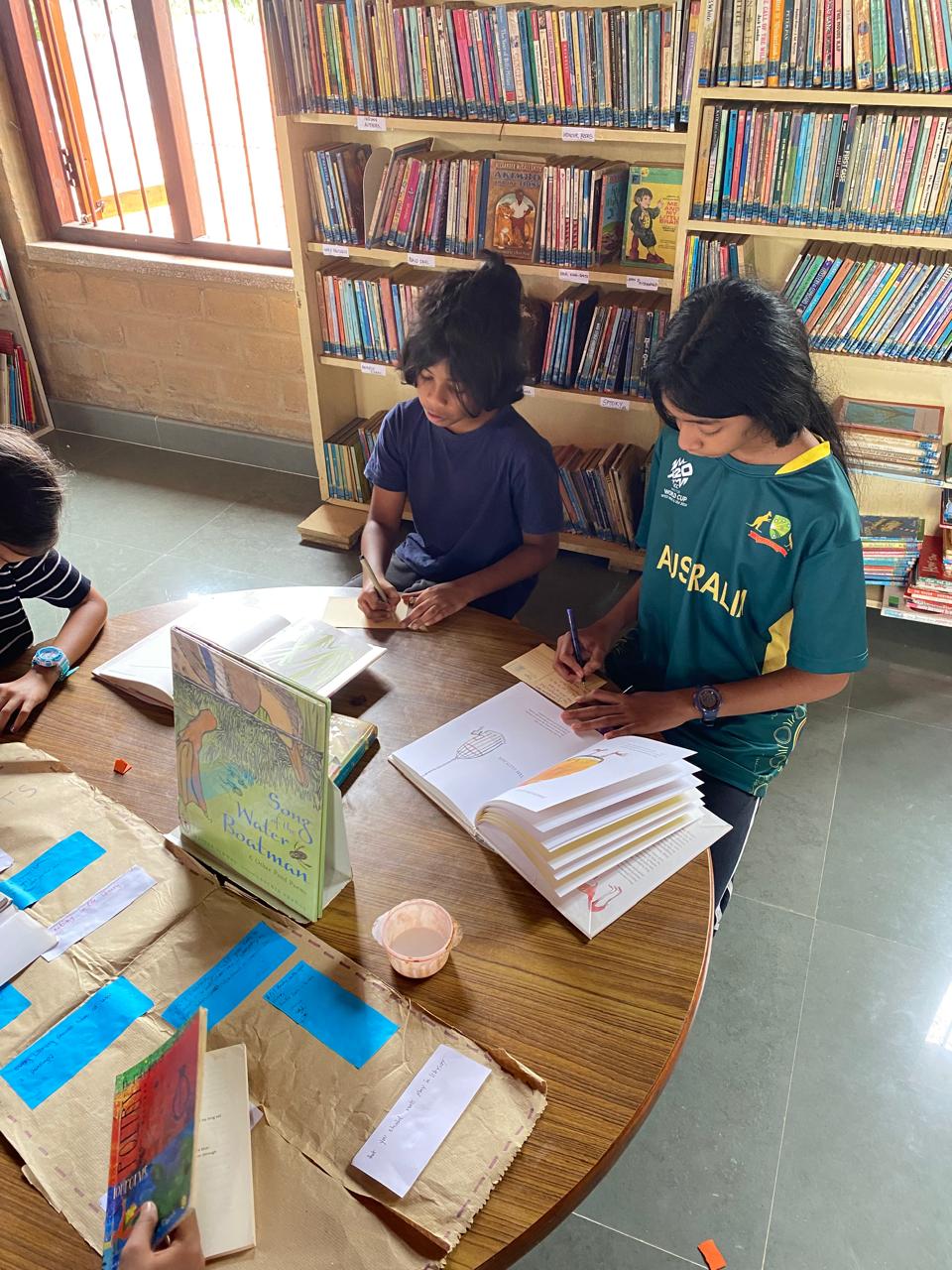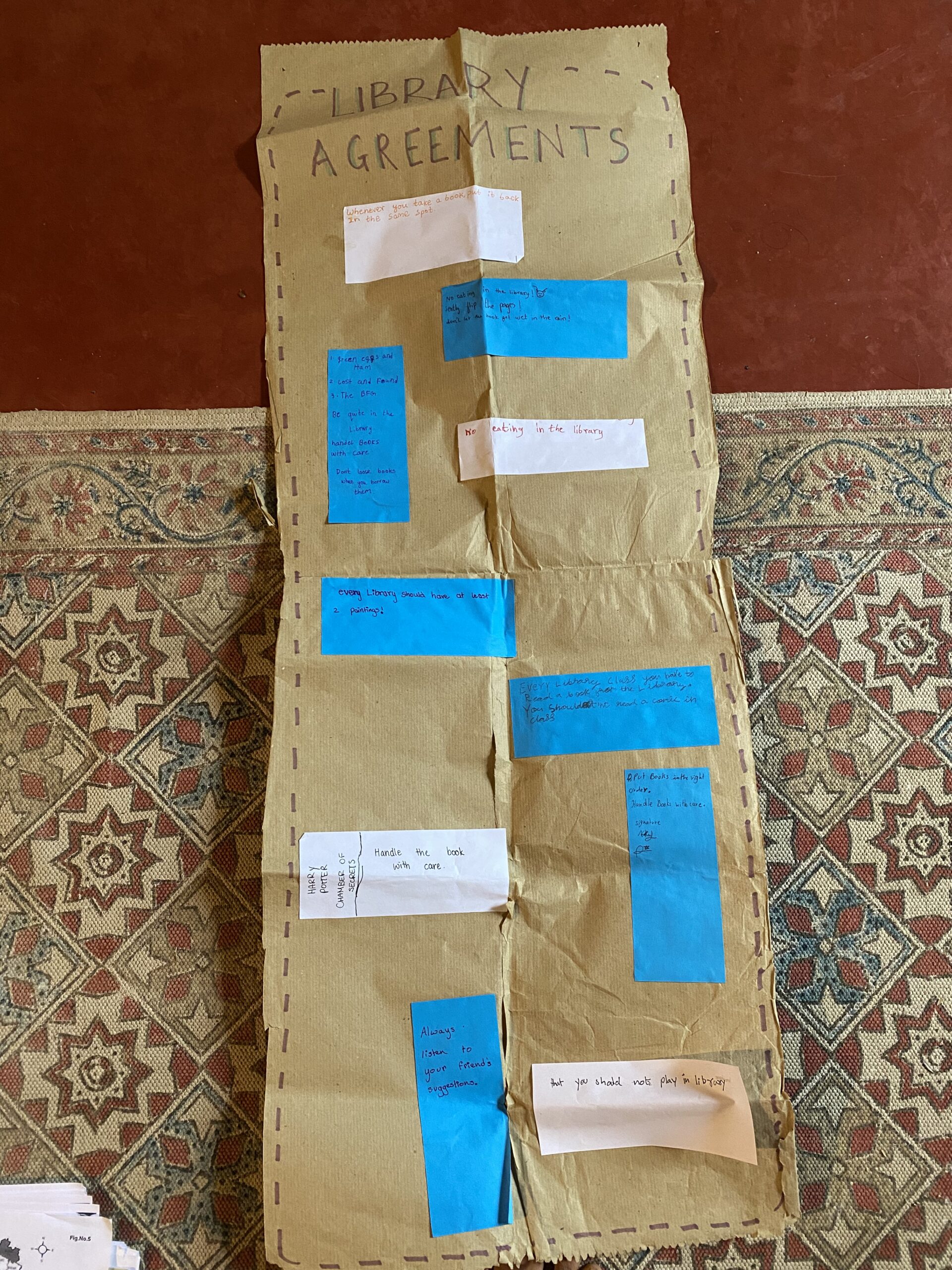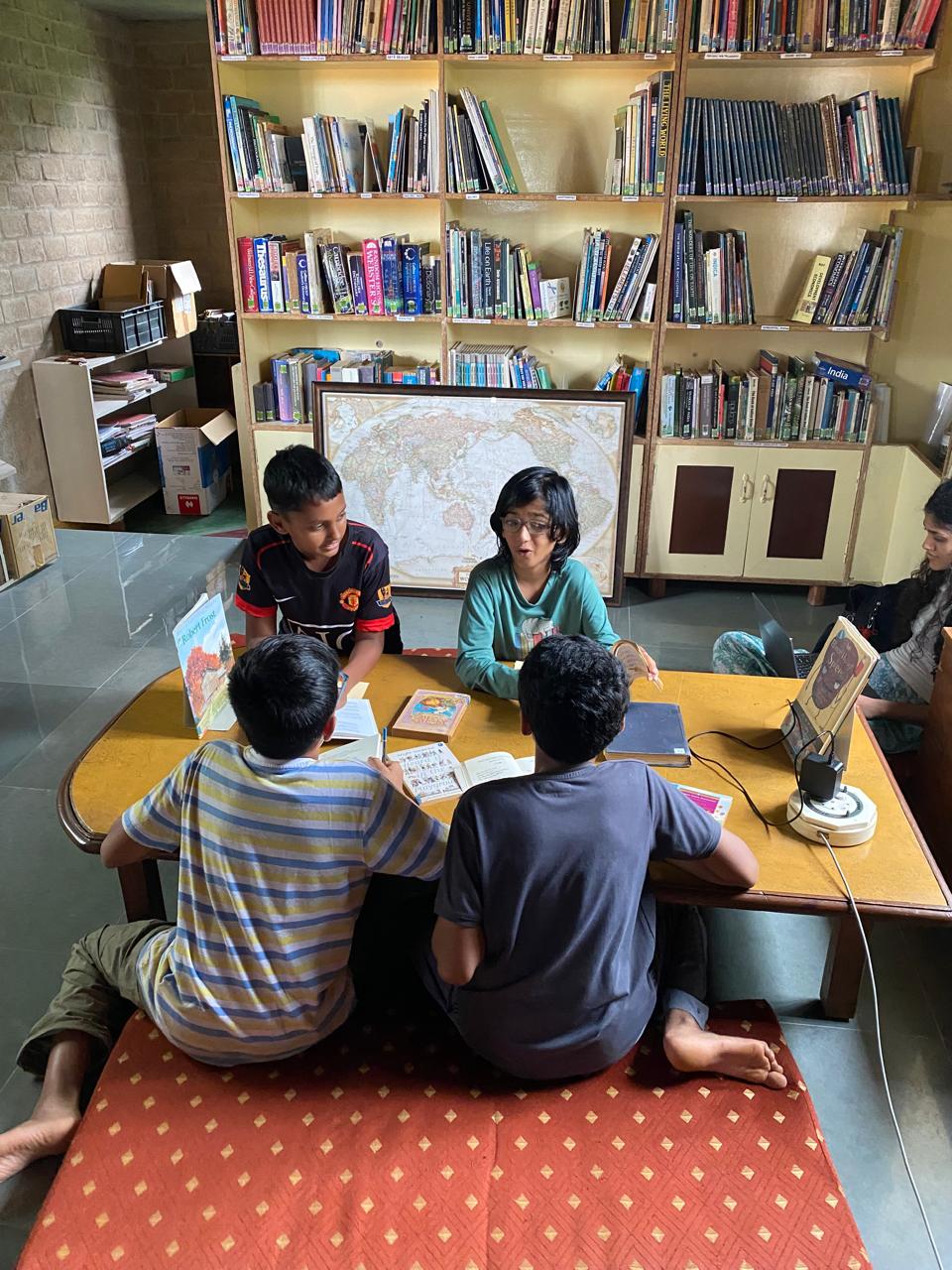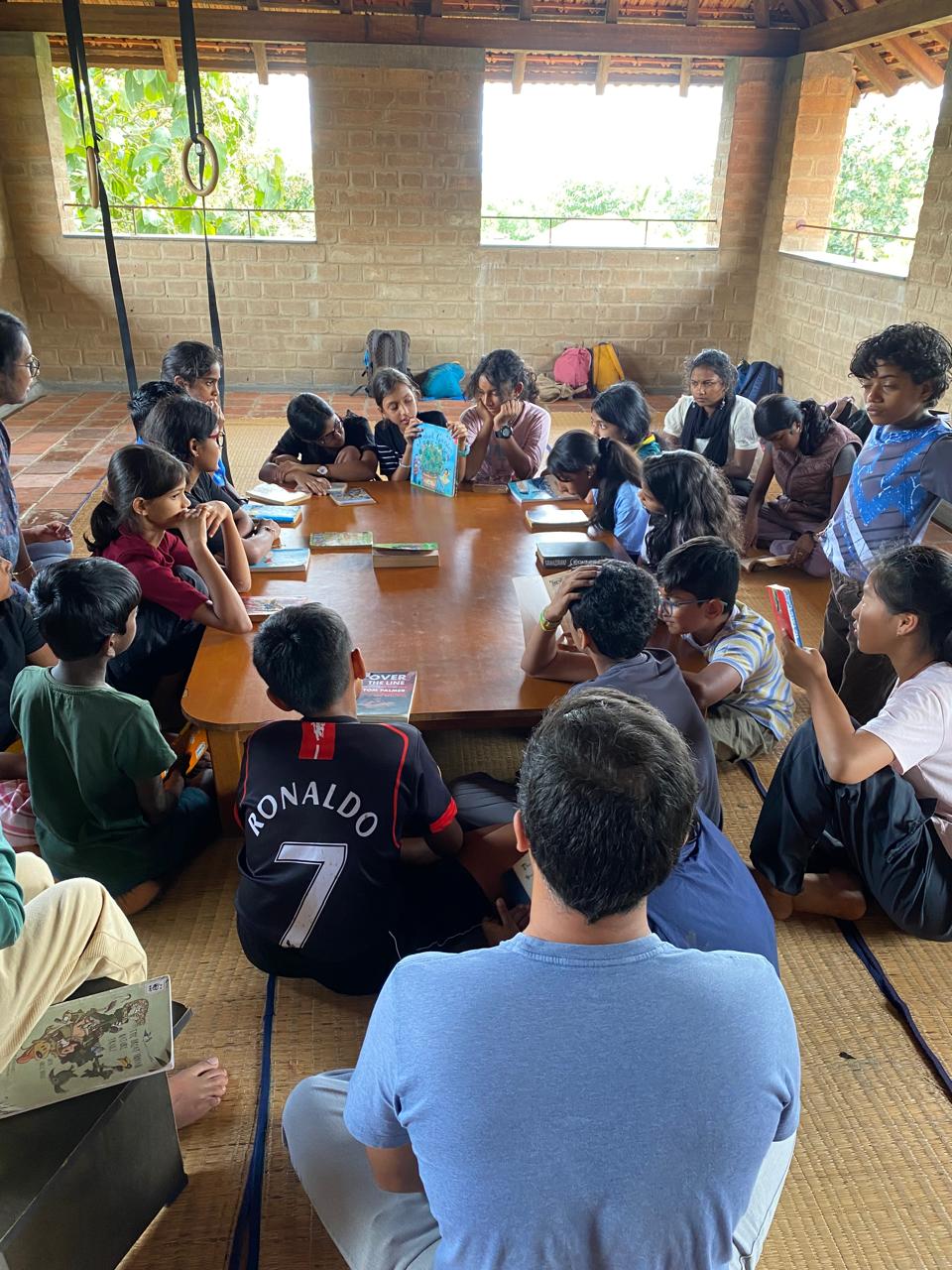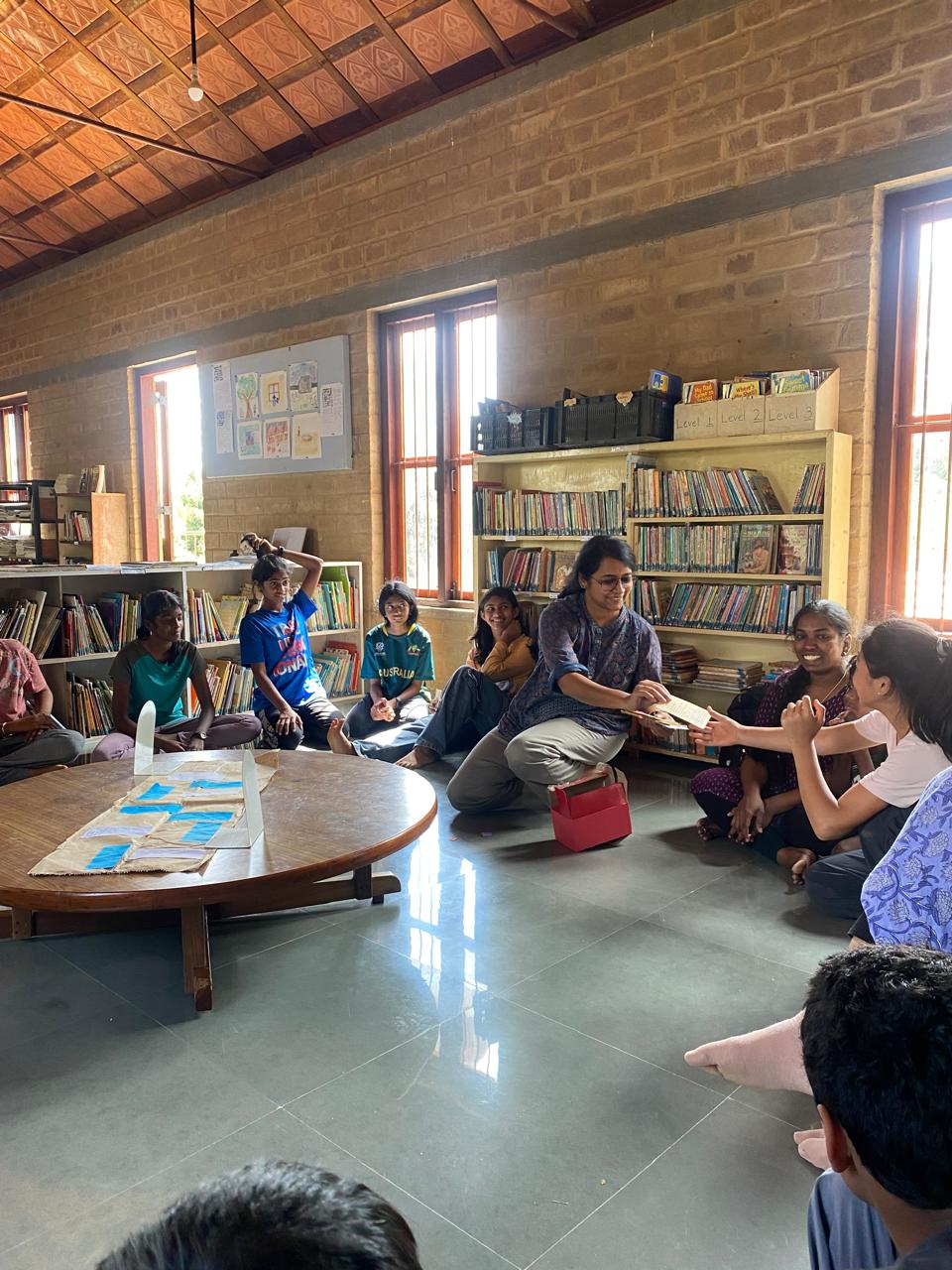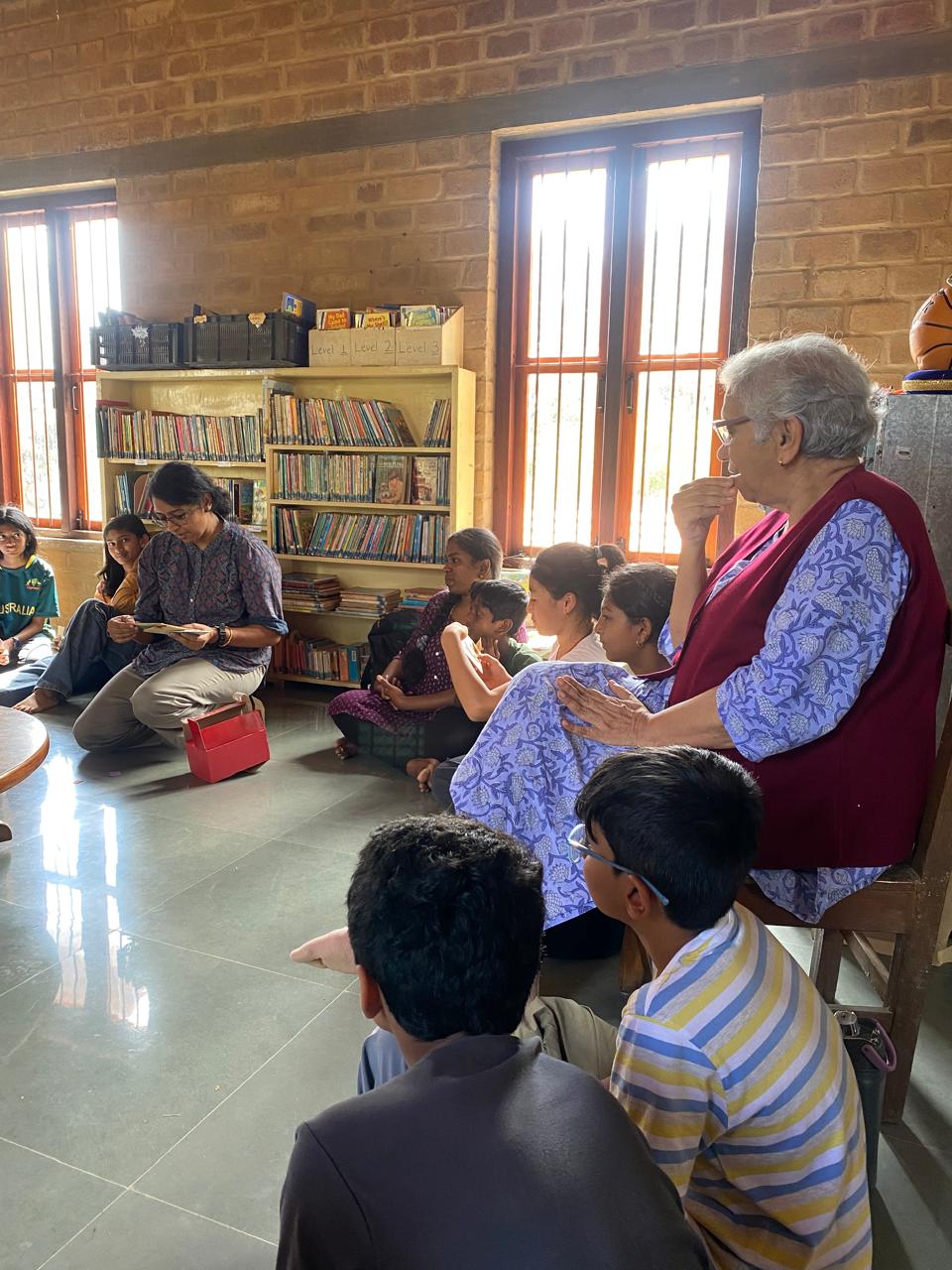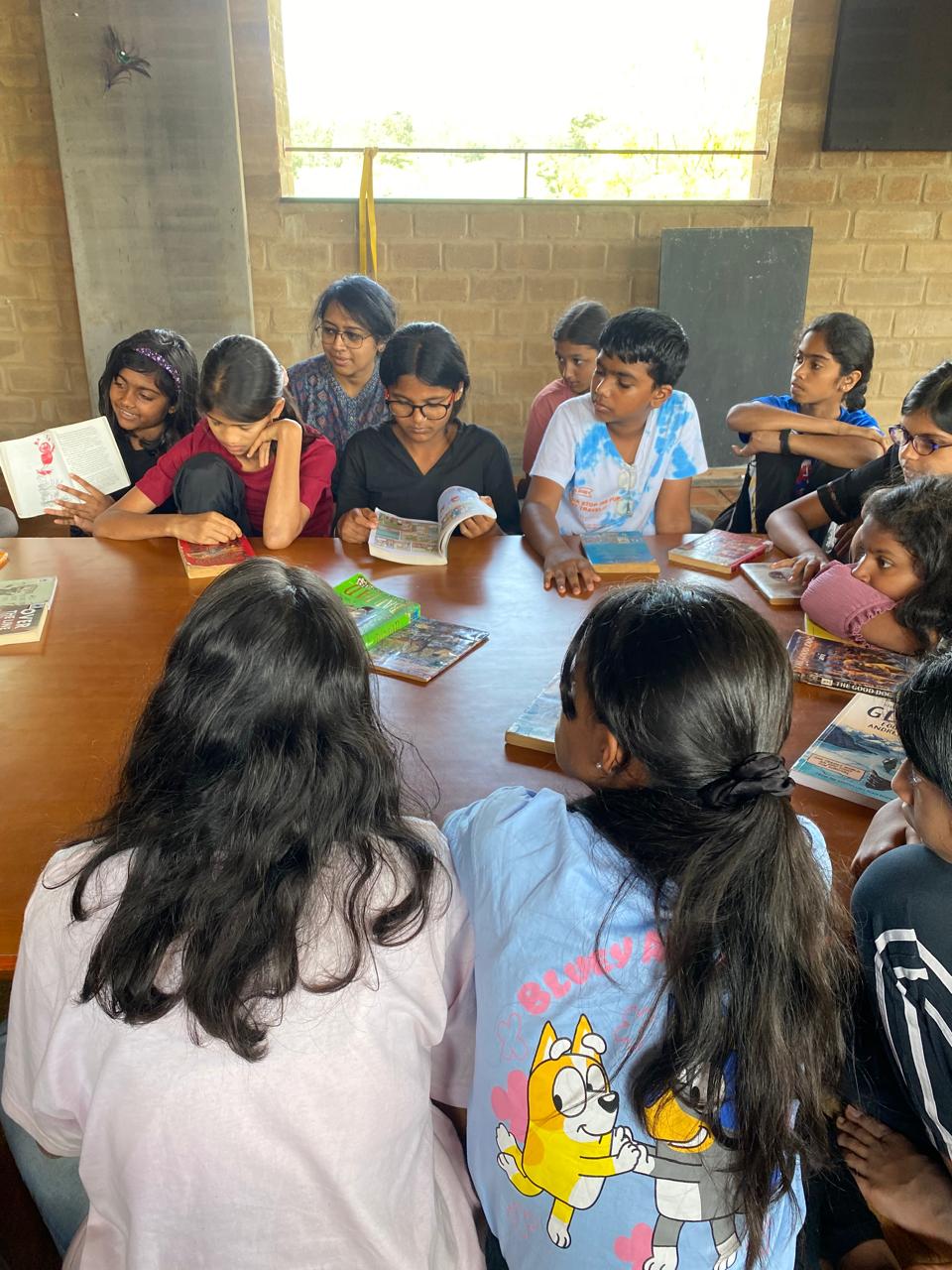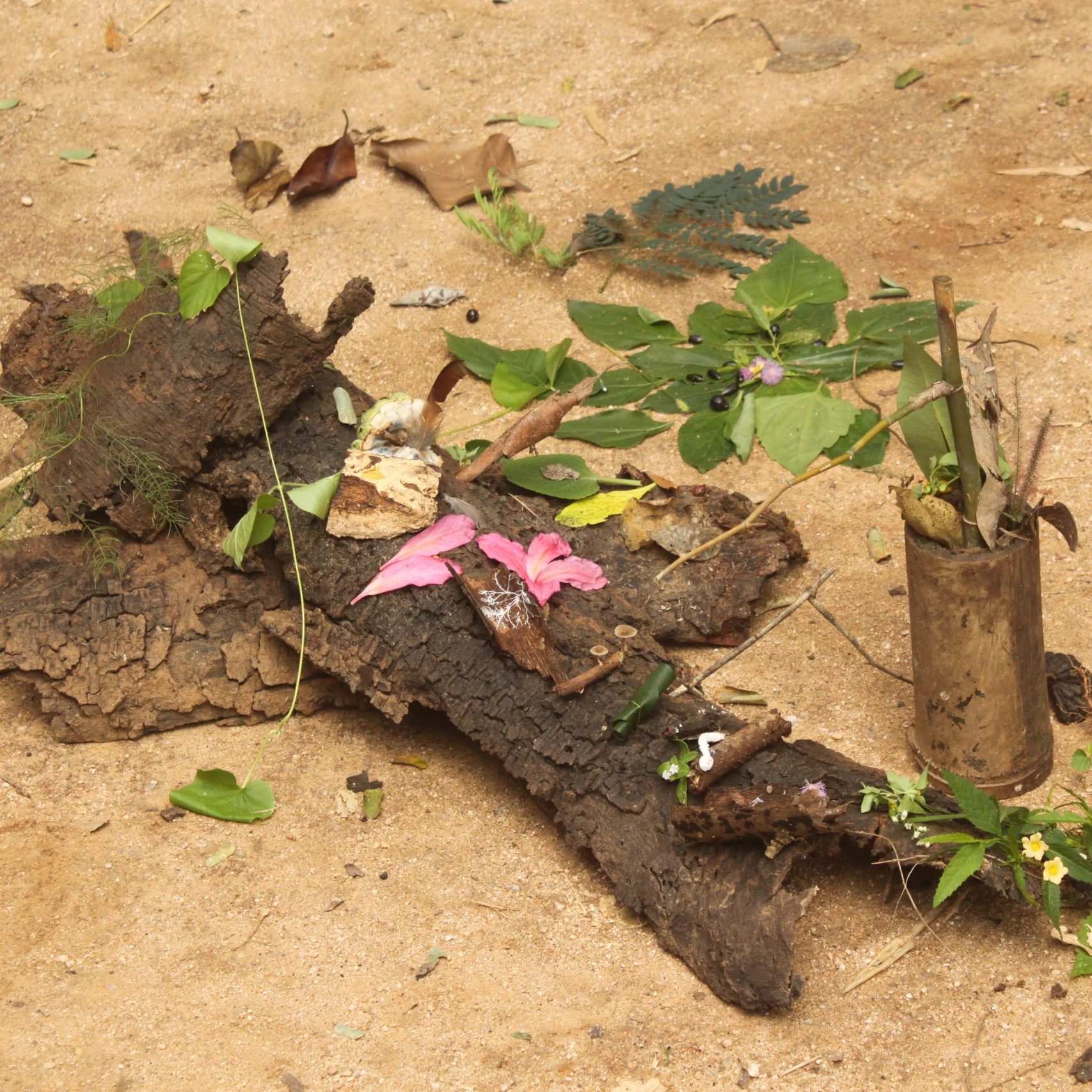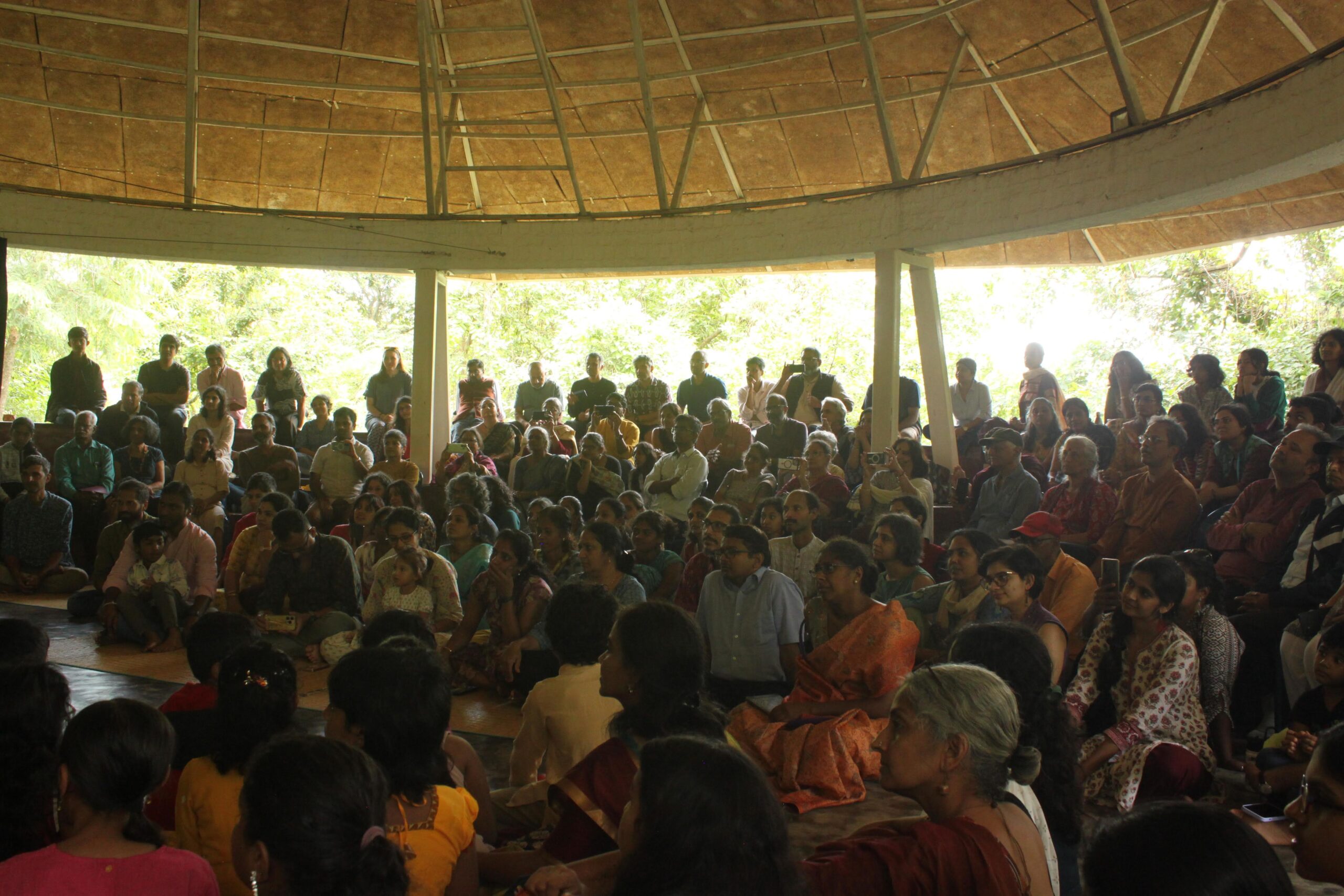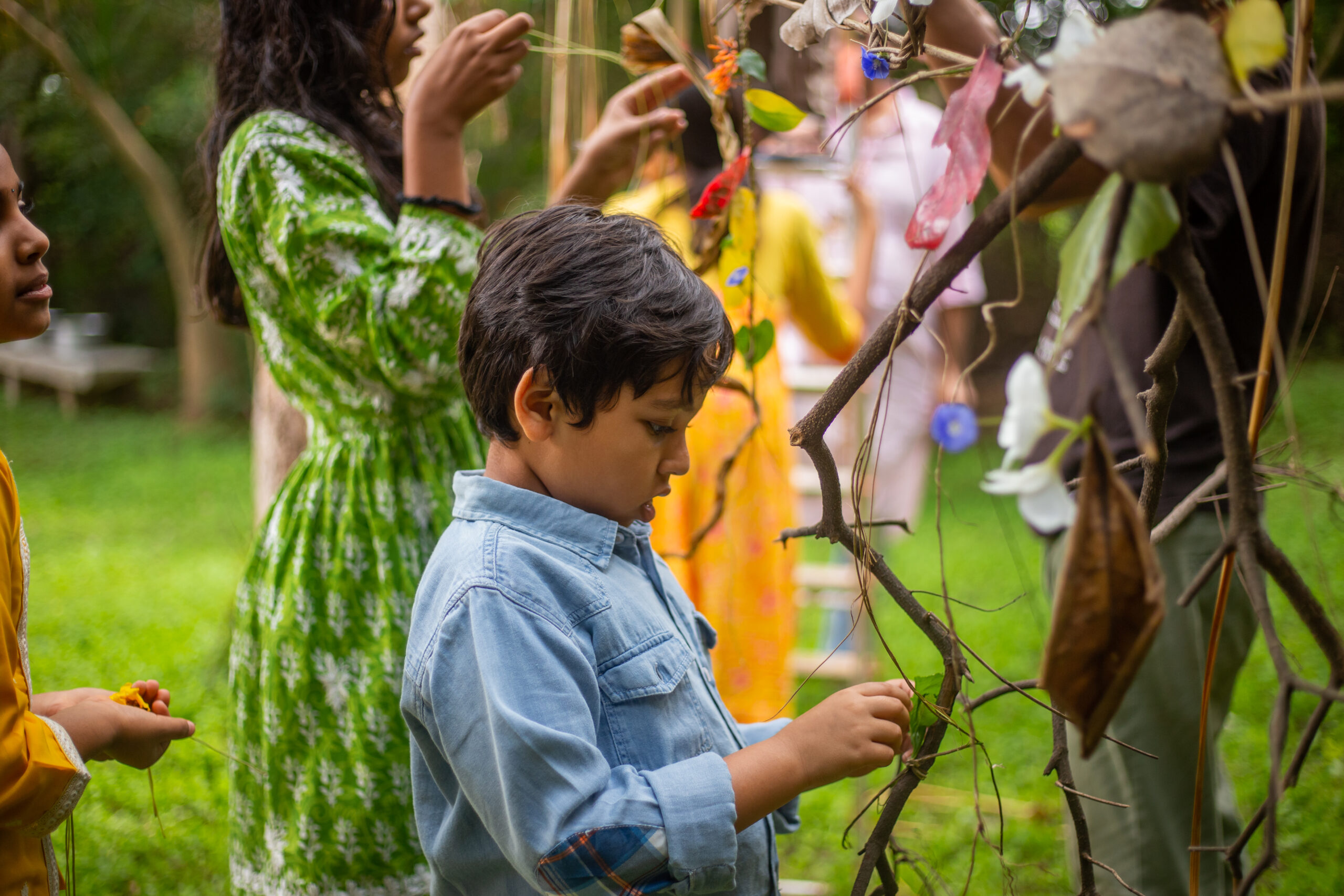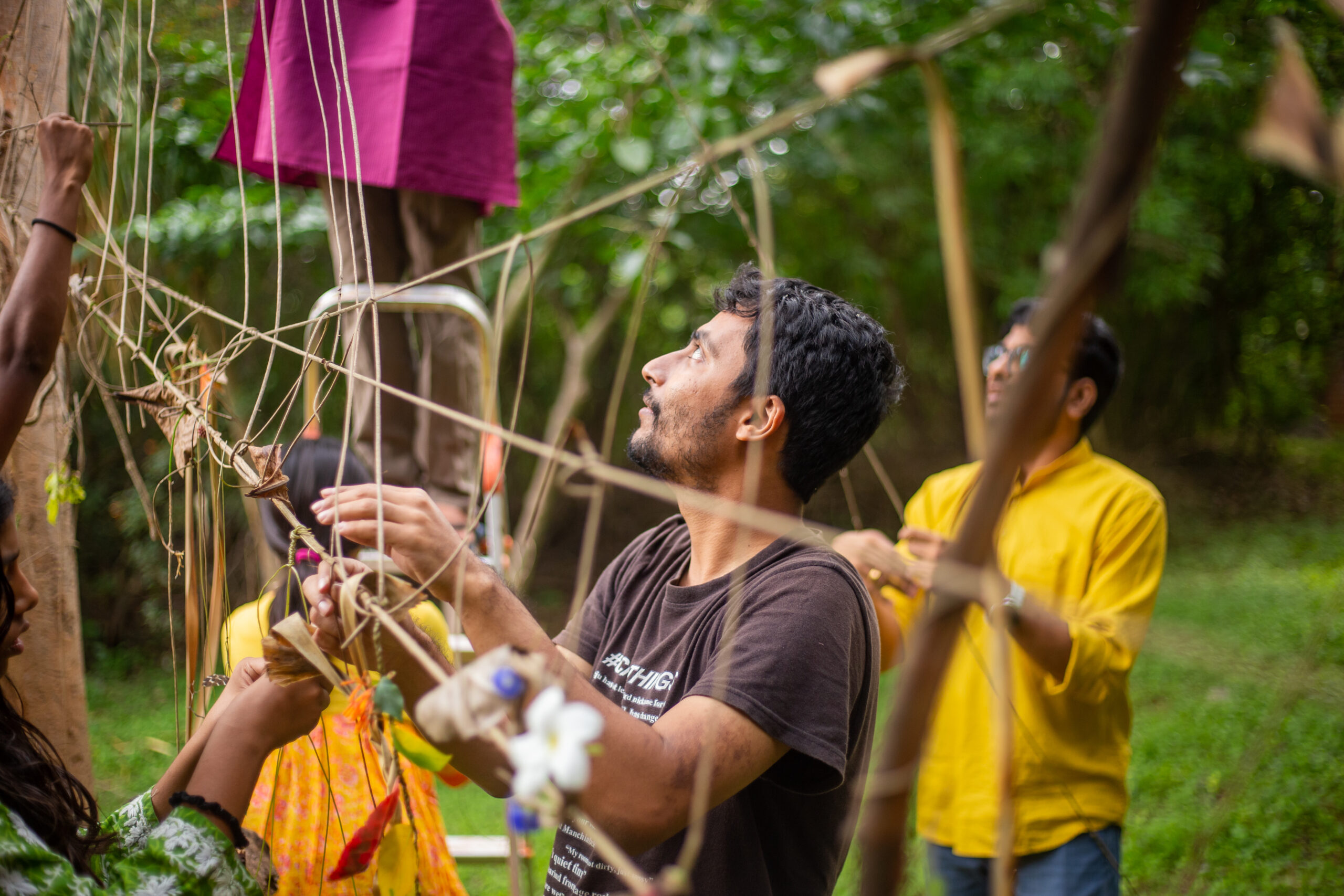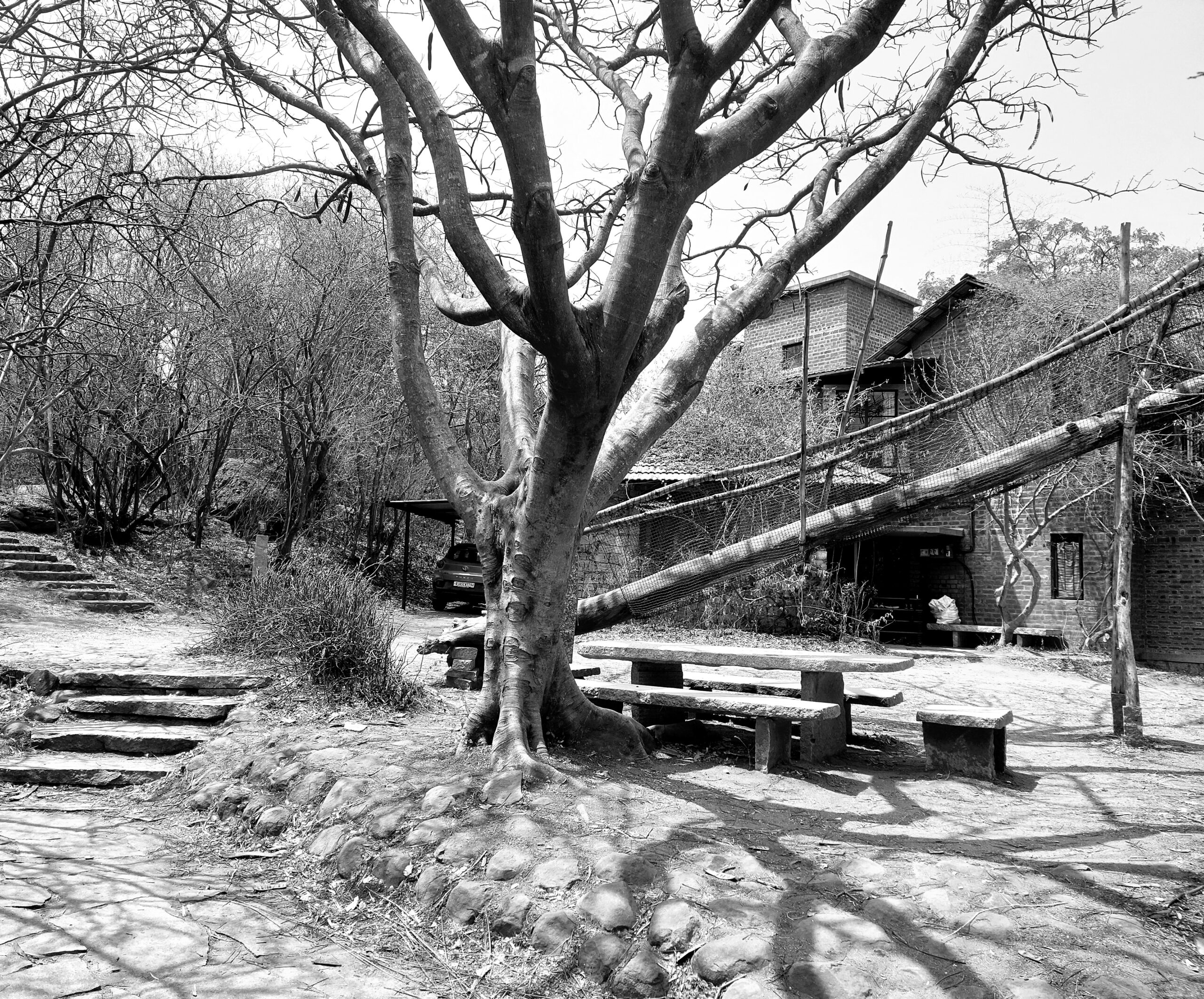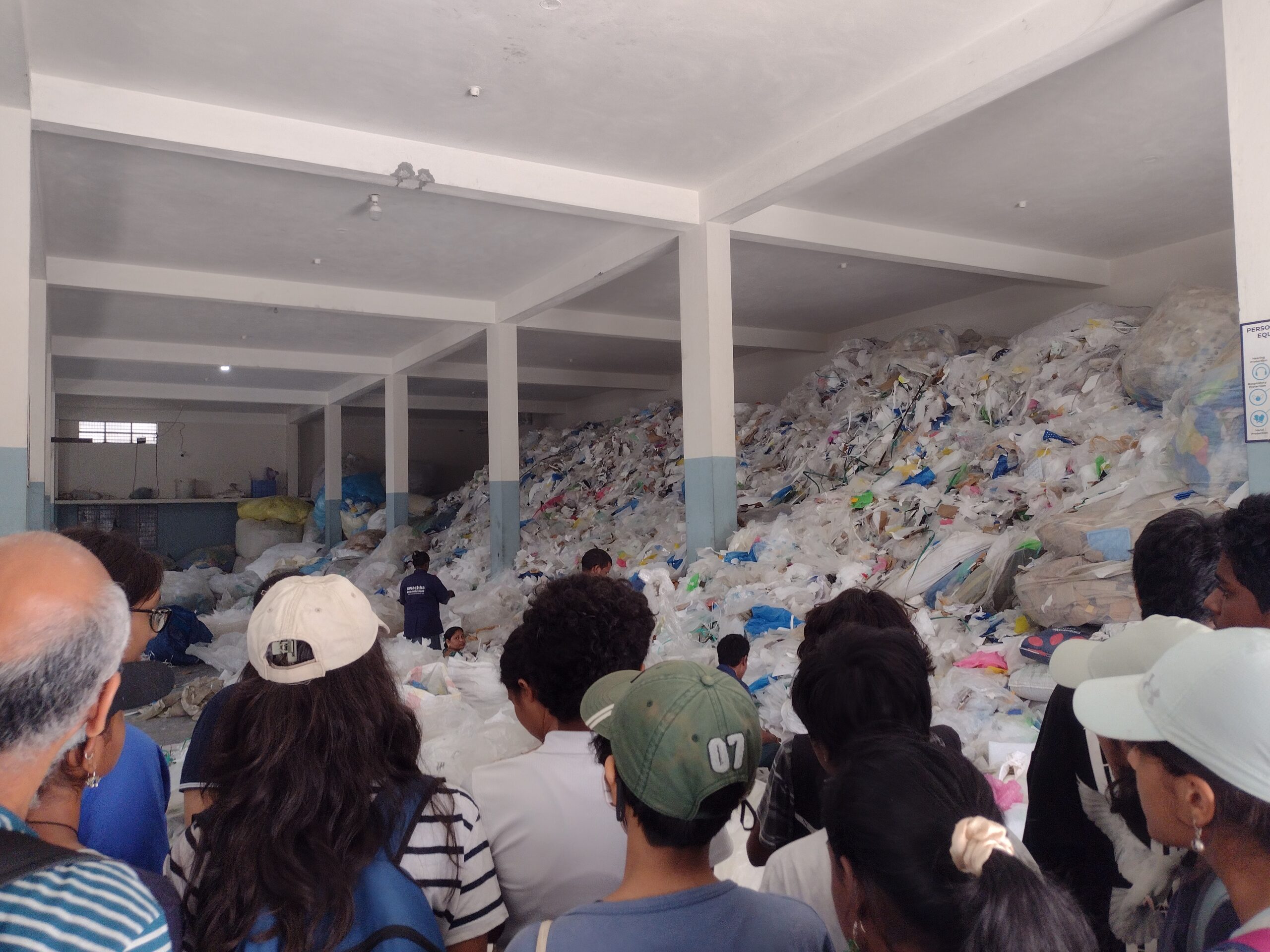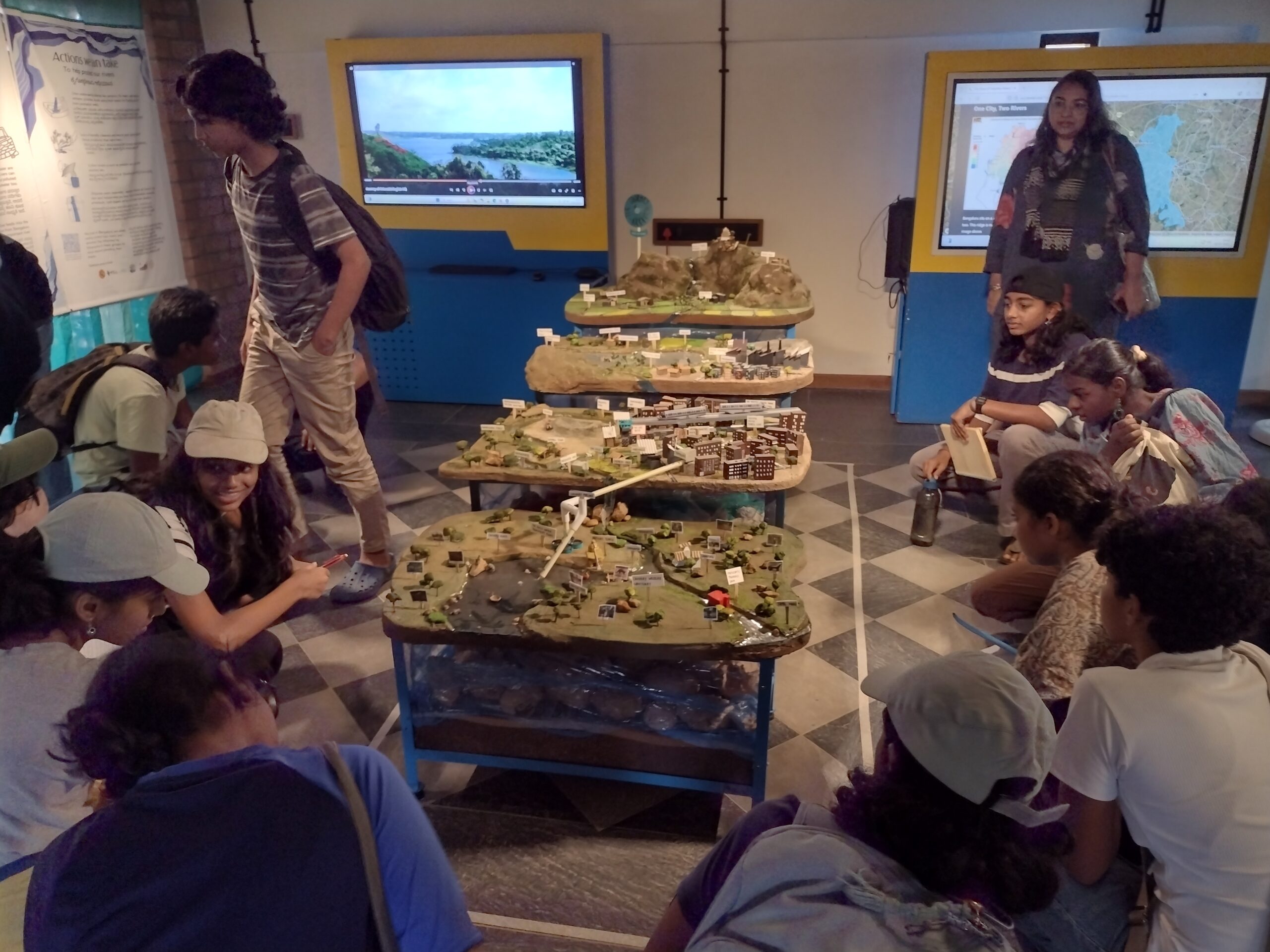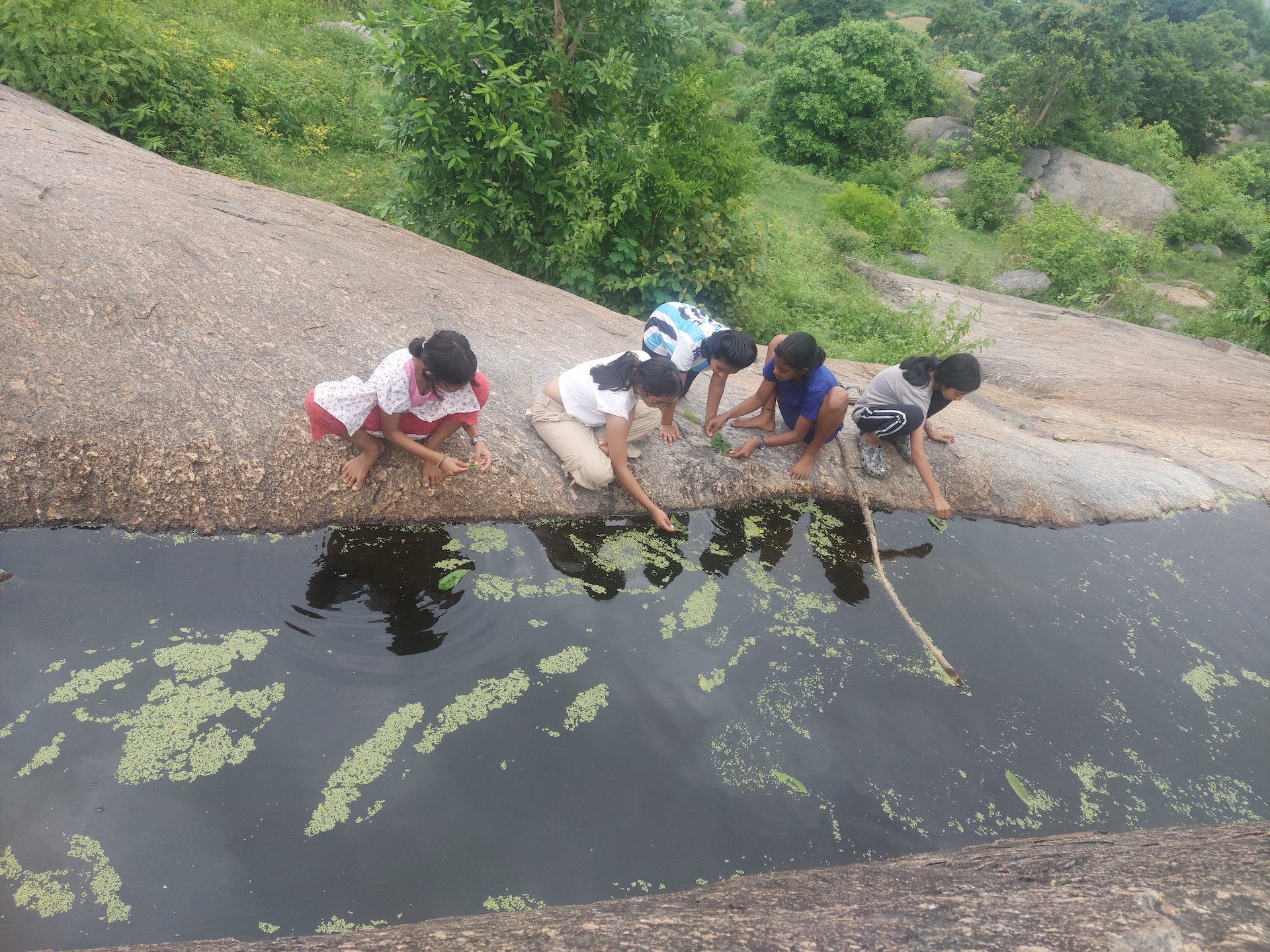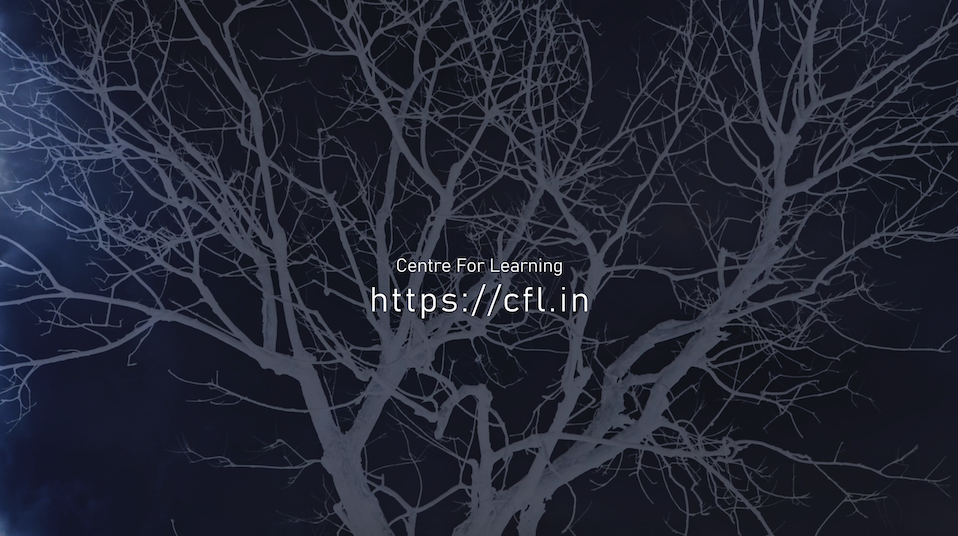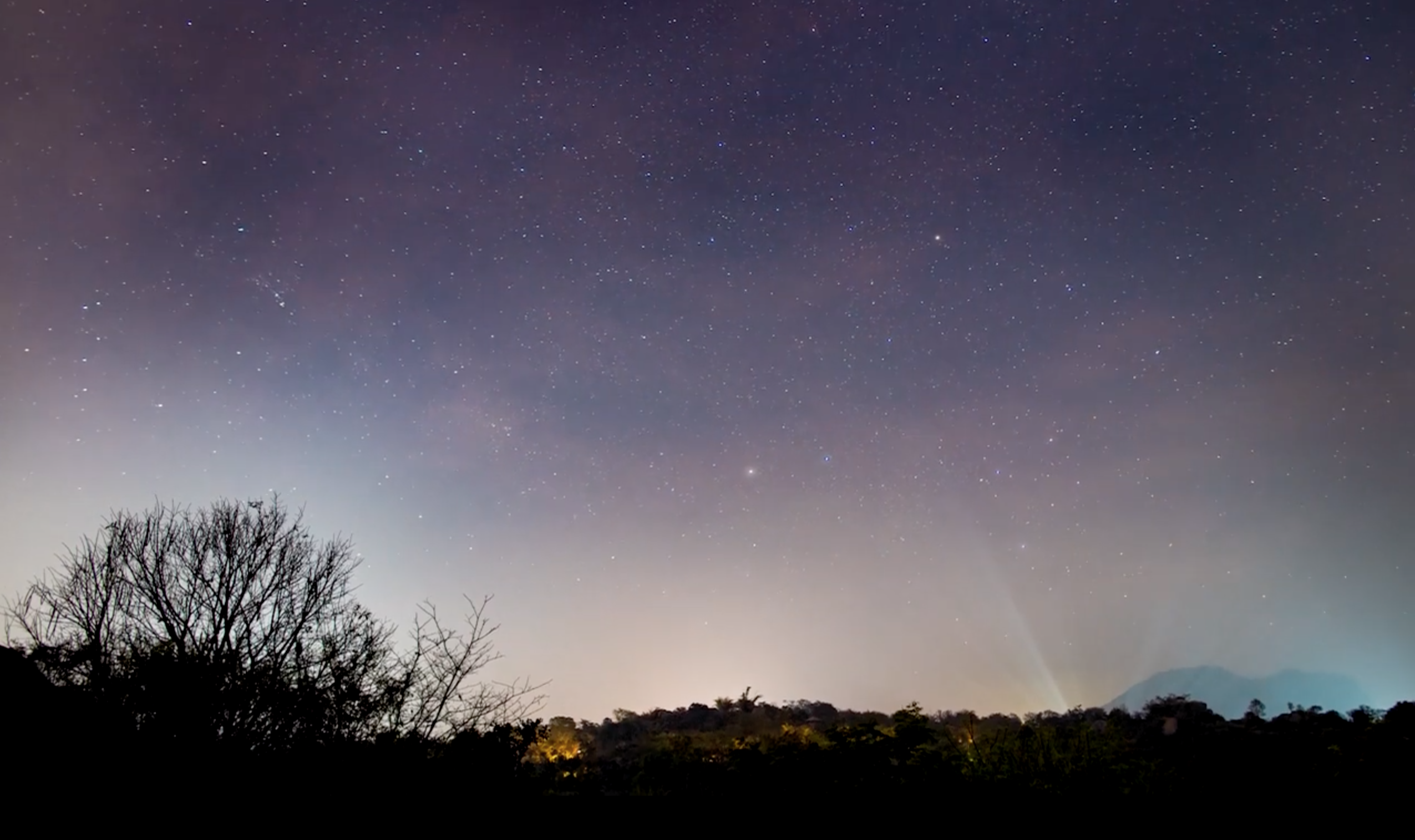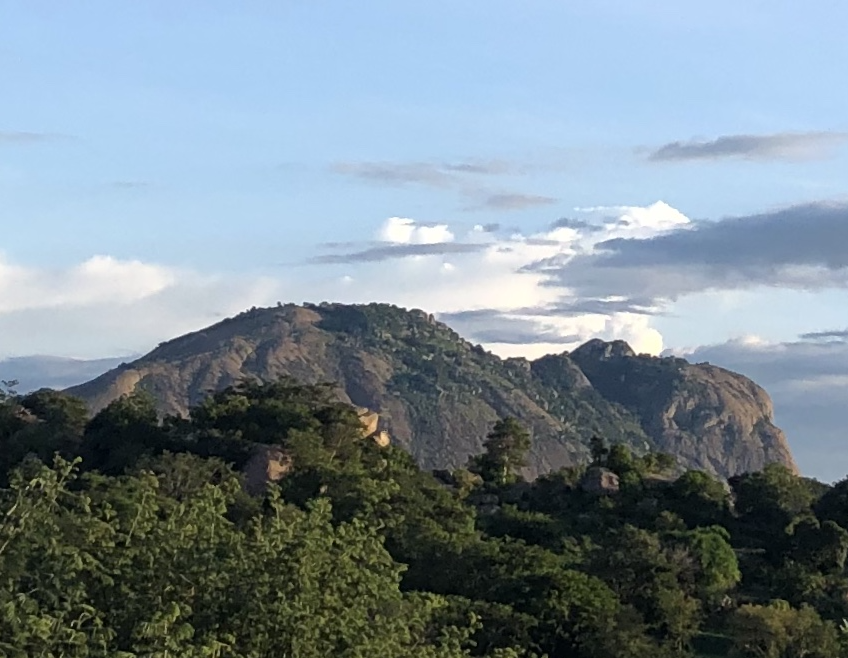Math Assemblies
“Many who have never had the occasion to discover more about mathematics confuse it with arithmetic and consider it a dry and arid science. In reality, however, it is a science which demands the greatest imagination” – Sofia Kovalevskaia (Sofia was a mathematician from Russia who lived from 1850 to 1891, and was a pioneer among women in mathematics.)
School mathematics has had a bad rap. The common misconception is that the ideas contained in it are rather elementary, and most of the school years are spent memorizing formulae and applying them to problems that have no relevance to daily life.
On the contrary we believe, with Liping Ma (https://lipingma.net/aboutme.html), that the ideas contained in school mathematics are deep and fundamental. In fact, some of the concepts are among the greatest discoveries of mathematics.
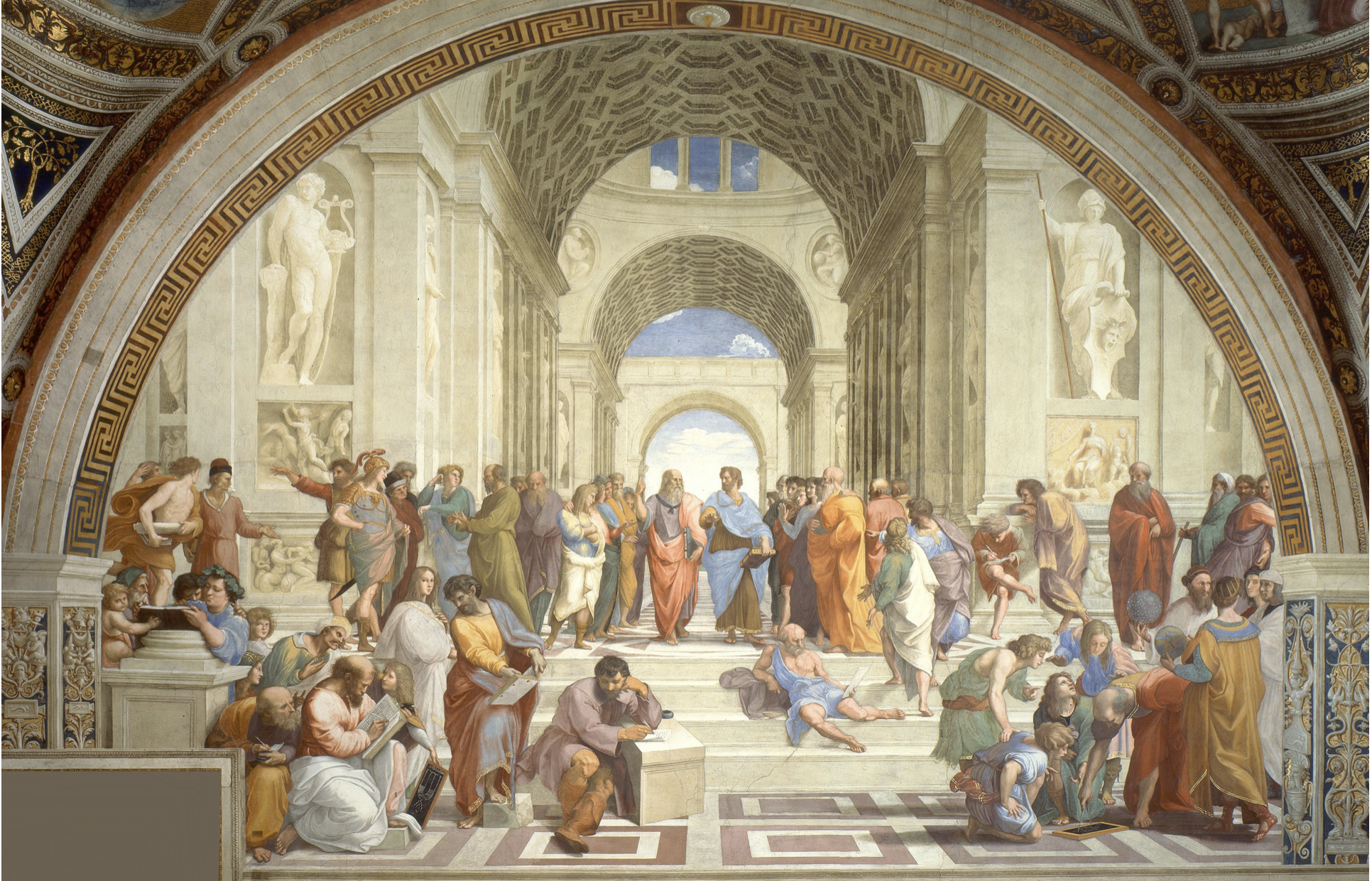
Over the last two years we have been having a series of whole school assemblies exploring these ideas with an audience whose ages range from 6 to 80 plus. The topics ranged from Zero to , and the areas covered included topics from number theory, algebra and geometry.
The attempt in these assemblies was to demonstrate why these ideas were ‘great’, in the sense that they were foundational, allowed for the building of further mathematics, and required deep insight to discover and understand them. Elementary school mathematics is a thing of beauty.
In the assemblies we also shared the history and motivation behind these discoveries, hopefully conveying that mathematics was not the purview and privilege of only a few, but was universal and humans of all genders from all over the globe engaged in it.
In order to be able to address an audience with wide-ranging abilities and knowledge, the assemblies were a mix of hands-on activities, solving puzzles, watching videos, doing problems and good old chalk and talk!
~ Shashi
